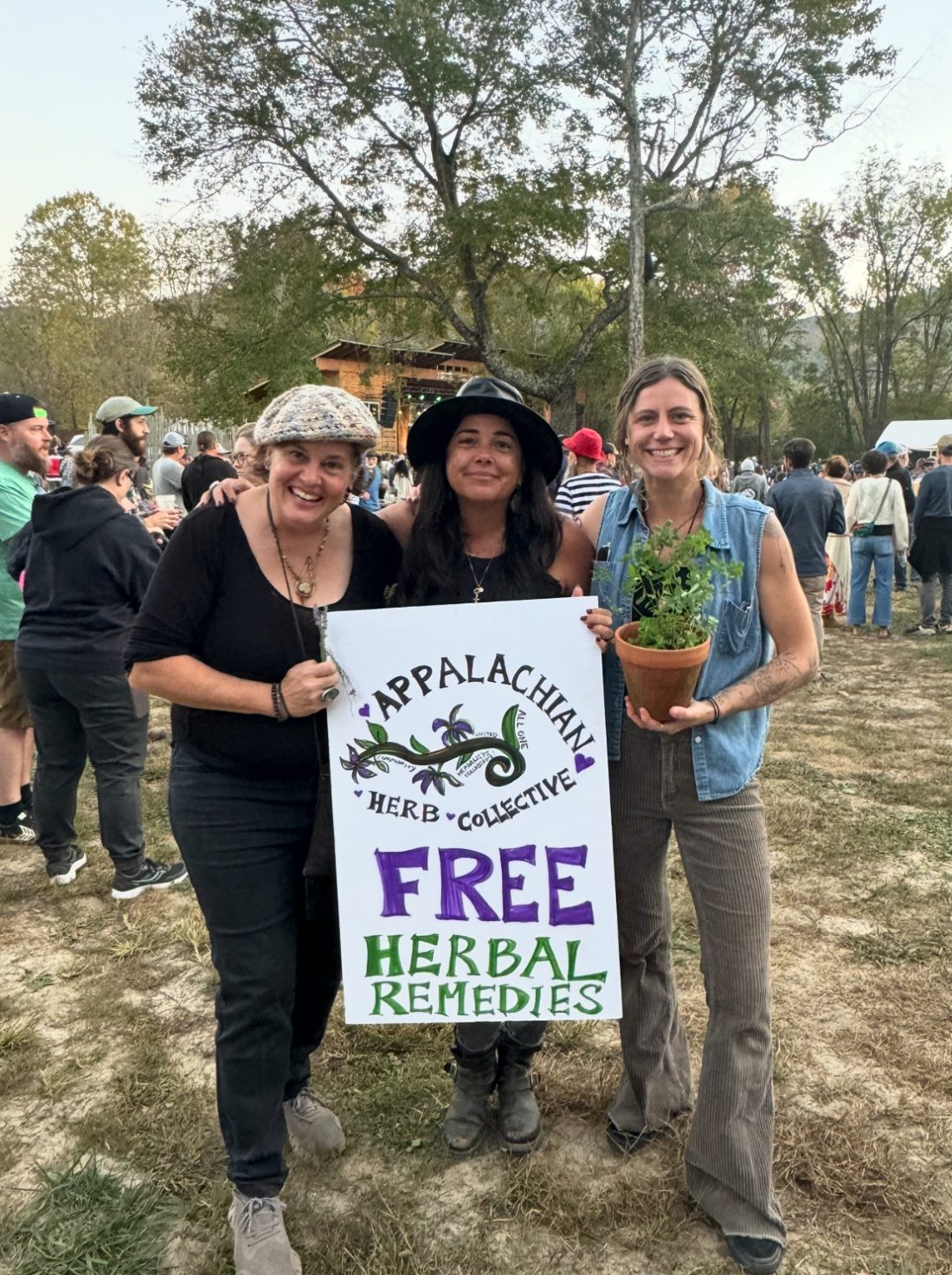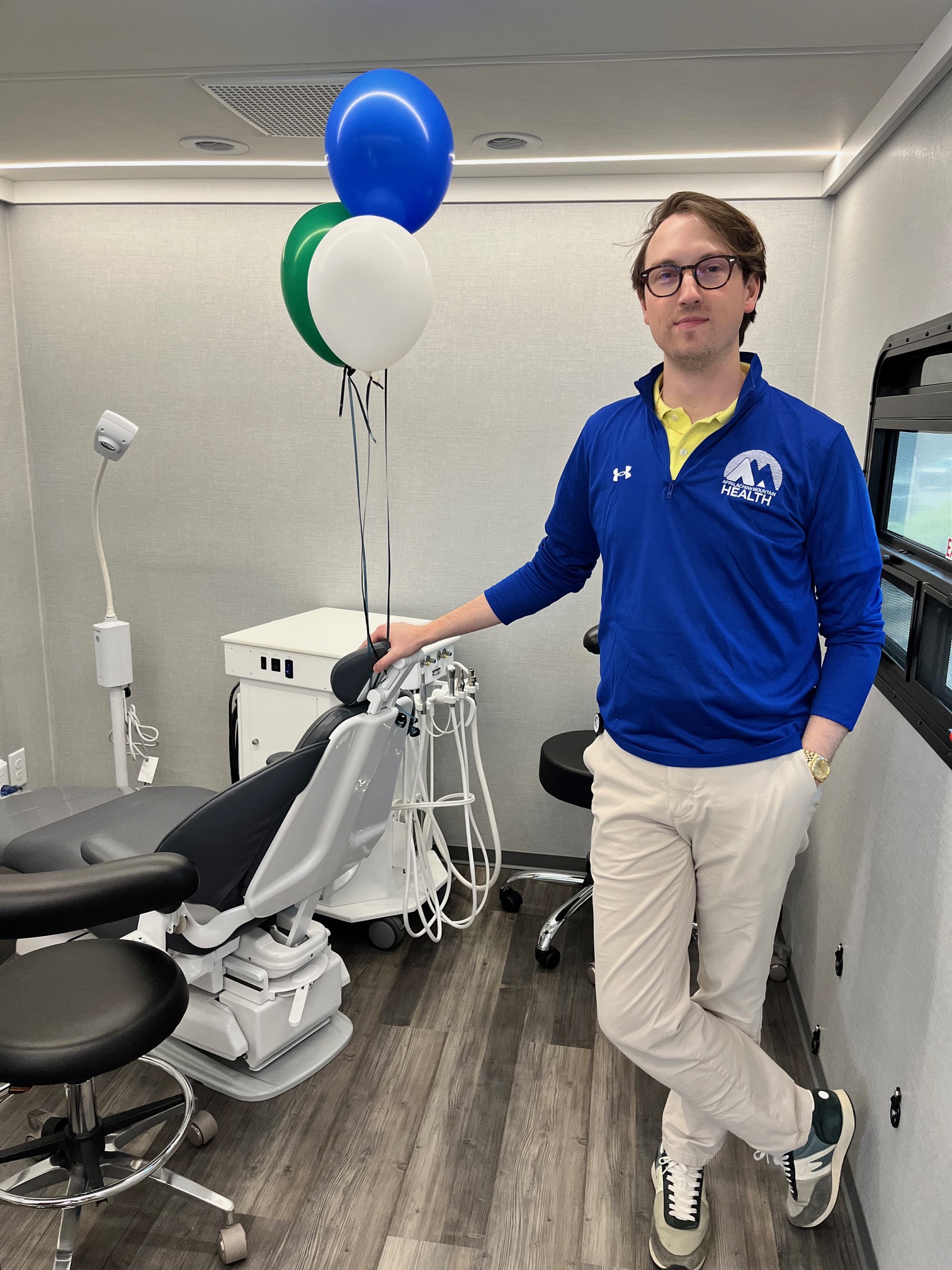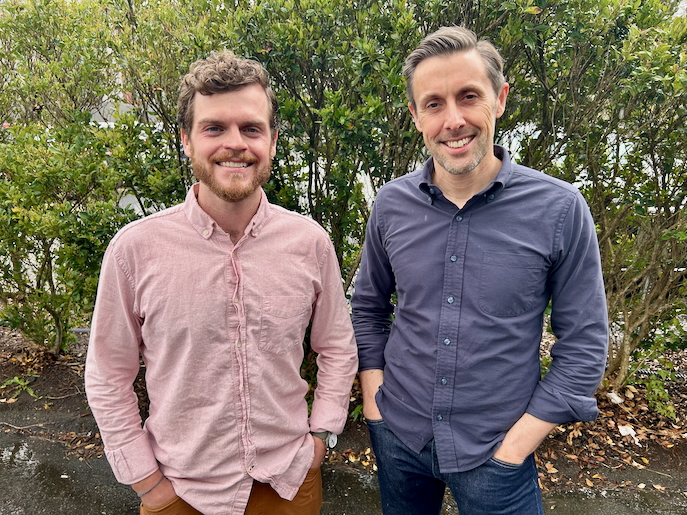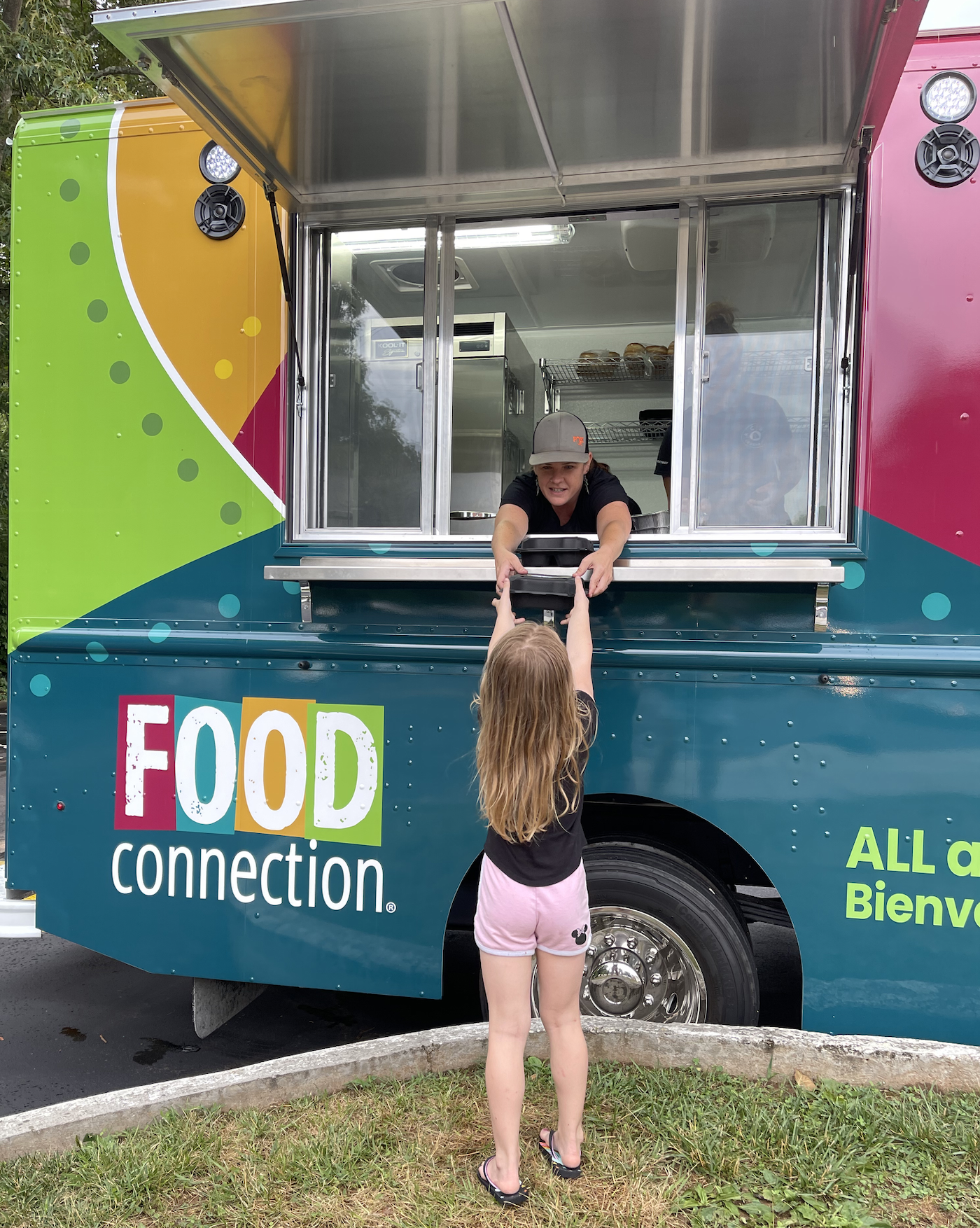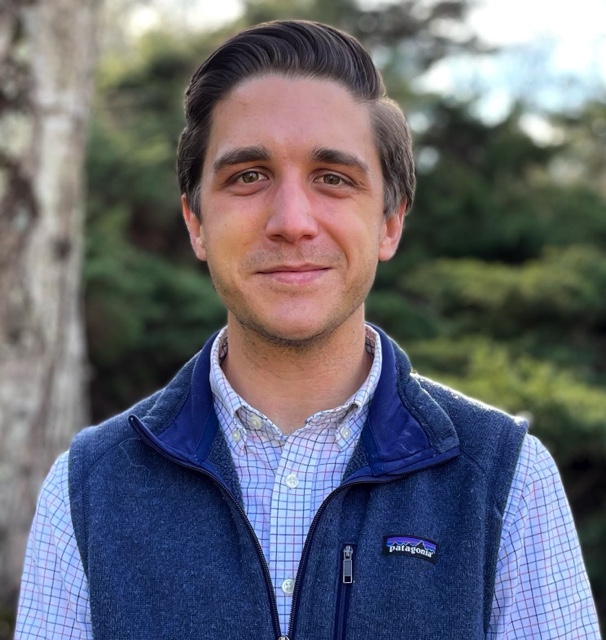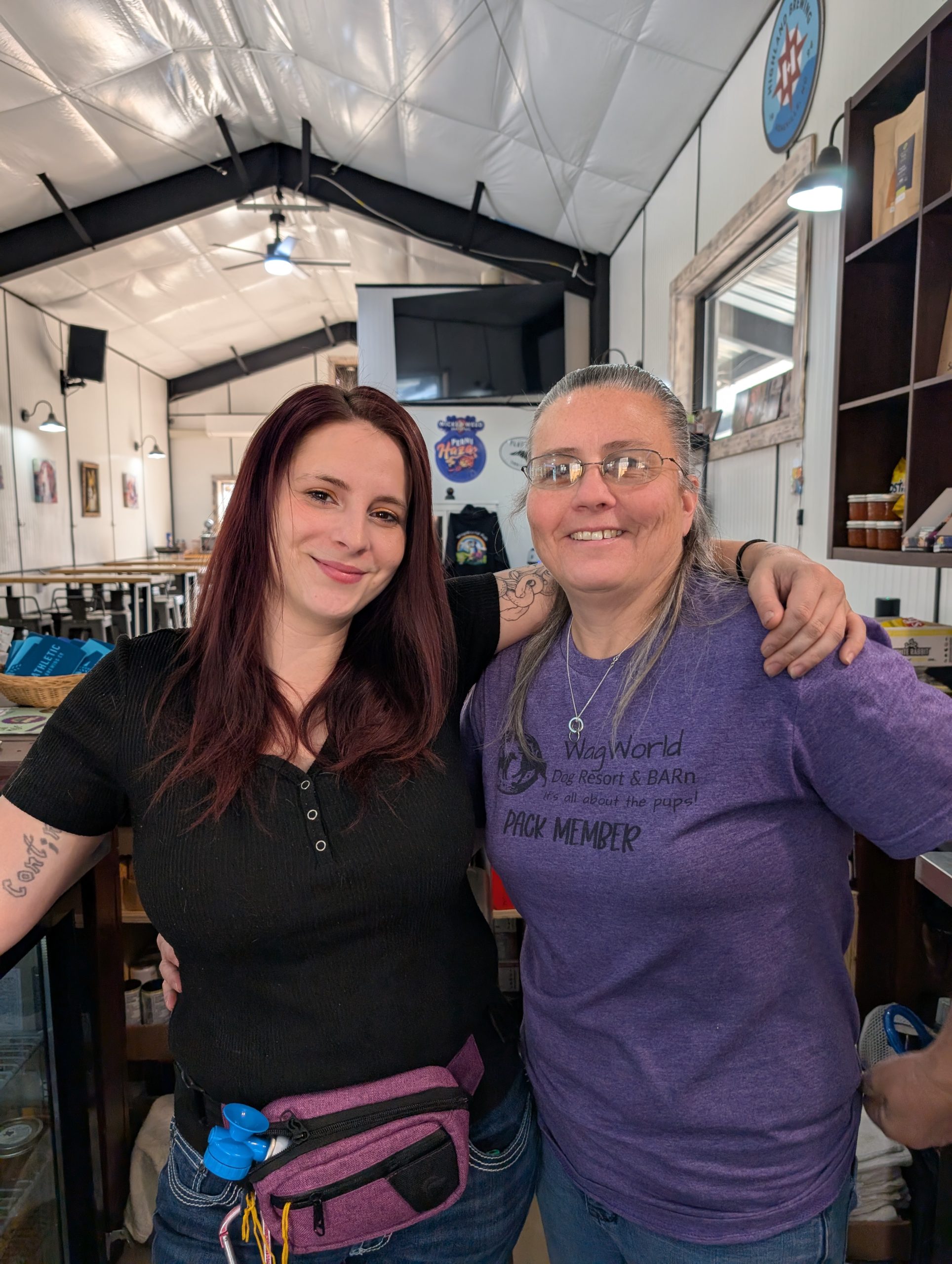Although Western North Carolina has passed the six-month mark since Tropical Storm Helene, much support is still needed. And not just in big ways — rebuilding, debris removal, cash influx — but in subtler ways. Self-care, anxiety and immune system support, an empathetic ear.
This is where the Appalachian Herb Collective steps in. The self-described “herbal re-leaf effort” is a collaboration of herbalists from around WNC offering free herbal mutual-aid hubs. The group works out of locations in Madison, Buncombe and Yancey counties, as well as Unicoi County, Tenn.
“When Helene hit, I was just already prepped for this,” says Lupo Passero, owner of Twin Star Tribe, a spirit-based herbal and energetic school with a location in Asheville. A native of Sandy Hook, Conn., she had experience addressing a crisis — the 2012 school shooting in that community — through herbal support. Her background in natural products (including working at GreenLife Grocery, Earth Fare and Whole Foods) meant she had good relationships with national herbal suppliers such as Gaia Herbs and Herb Farm, which supplied herbal remedies to Sandy Hook residents.
“I got pretty involved and excited about mutual aid work when it came to herbalism and I started teaching at different conferences around the country about what I call community herbalism in action,” she says. After Tropical Storm Helene hit WNC, “I just put the word out to the natural products industry: This is what’s happened to our community. We need stuff for stress, we need stuff for the immune system, we need first aid.”
Herbalists come through
One thing Passero learned through her years of mutual aid work is that “people are incredibly generous, especially when it comes to something horrific because they feel helpless, and this gives them the ability to help.” As soon as the post office and UPS were able to deliver, the donations flowed in. “We just got box after box, after box, after box,” Passero says.
French Broad Food Co-op in downtown Asheville became the local distribution hub. Among the donations were three pallets of tea from Yogi Tea, along with various herbal medicines. The supply is rounded out with preparations created by volunteers during monthly medicine-making days at Red Moon Herbs in Candler, where, Passero says, 500-600 bottles can be filled and labeled in just a couple of hours. Financial donations help buy auxiliary supplies such as amber bottles for holding medicines.
So far, the Appalachian Herb Collective has held more than 60 events. In Mars Hill, there’s a weekly free herbal pantry and regular clinic days; free and donation-based bodywork, herbal medicine and mental health support are provided on Thursdays at the Walnut Community Center; and monthly herbal clinics are run out of French Broad Food Co-op.
“There’s someone in Swannanoa every week, Black Mountains once a month, downtown [Asheville] once a month, Mars Hill twice a week, Barnardsville once a week,” says Passero. (Find all of the collective’s initiatives on its website, avl.mx/ep9.)
The clinics, which began as a simple table or tent setup in hard-hit areas such as Swannanoa and Black Mountain, have evolved to reflect community needs. They addressed stomach issues when the water wasn’t potable and flu and cold remedies over the winter.
“In the beginning [people were saying] ‘I’m not able to get my heart medication’ or ‘I have this ailment going on,’ and we always have somebody there that can speak to their health needs and their health concerns,” Passero explains. “But there’s always been a group of herbalists who have shown up to give away free natural medicine to the community,” along with a clinical herbalist with whom community members can discuss specific health concerns.
An herbal share, held on the last Saturday of each month at White Horse Black Mountain, launched around Christmas — a holiday gift to the region. Unlike the clinics, there is no clinical herbalist available, but community members are welcome to come by and pick up teas, tinctures and other herbal medicines.
“Everyone who lives in Western North Carolina and eastern Tennessee and needs support should come,” says Passero. “We have people who have lost everything. [Other] folks just say, ‘Hey, I’m really having some serious anxiety.’ And I think it serves not just as a place to receive medicine but also a place to receive community support.”
In it for the long haul
The plan is for the clinics and herb shares to continue through 2025, and perhaps longer. “I think it will shift and change,” Passsero says. “Only time can tell what that will look like, but all our hubs are committed.”
Her experience from Sandy Hook offers insight. “For the first six months, we just worked around the clock, and then the needs of the community shifted, but we continually showed up for about two years afterwards,” she recalls. “I think that what people are experiencing in Appalachia, and what we’re all going through collectively, we’ll be lucky if a decade from now we’ve recovered. There’s still just so much uncertainty and change.”
Passero points out, “Almost everyone who does this work is also a business owner who either lost their business or their business was seriously impacted. And they continue to just show up for everybody else. I’m very proud to work alongside these other herbalists.”
Passero, too, lost the River Arts District location of her school due to flooding. Jeannie Dunn, who owns Red Moon Herbs in Candler, offered Passero space to teach classes.
“I’d love to start offering some free community classes and [events] to get people in the community together — even if it’s not so much about receiving free herbal medicine,” Passero says. “It’s just about solidarity and being together.”

